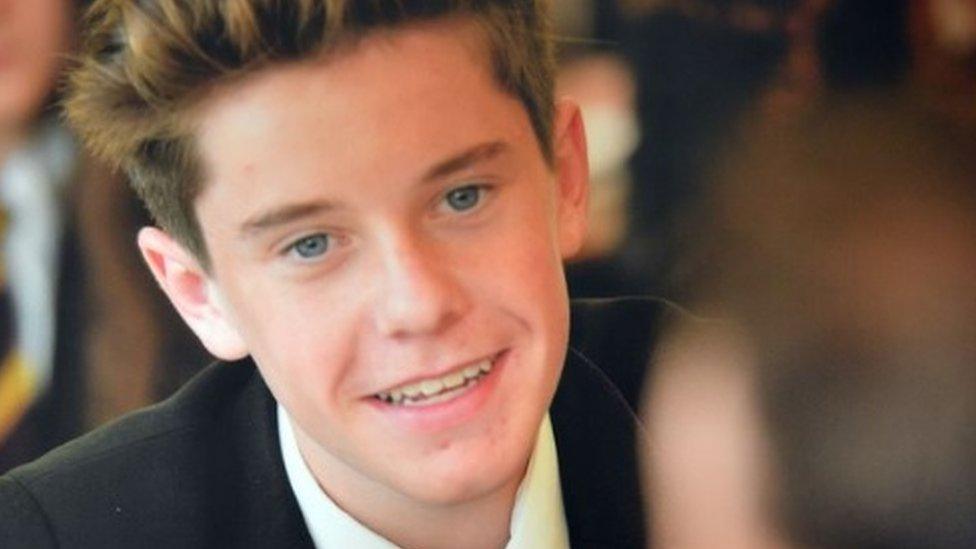Families 'failed' when loved ones die abroad
- Published
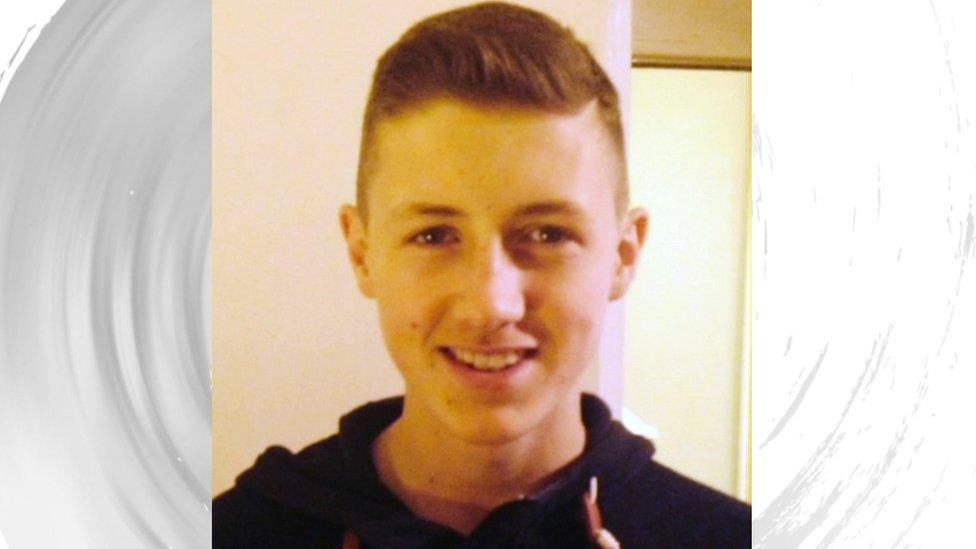
James Fifield died in Zante in 2014. His mother said it took three months to be given full details of the cause
Families whose loved ones die while on holiday abroad are being failed by the Foreign Office, the head of a group of MPs has said.
SNP MP Hannah Bardell, chairwoman of a cross-party group on deaths abroad, said some families had been left to crowdfund to pay for their son or daughter's body to be repatriated.
One woman said it took three months to get full details of her son's death.
The Foreign Office said its staff "work hard to assist British people".
It added: "However, we cannot interfere in another country's legal proceedings, and the British police can only assist in an overseas investigation if the local police invite them to do so."
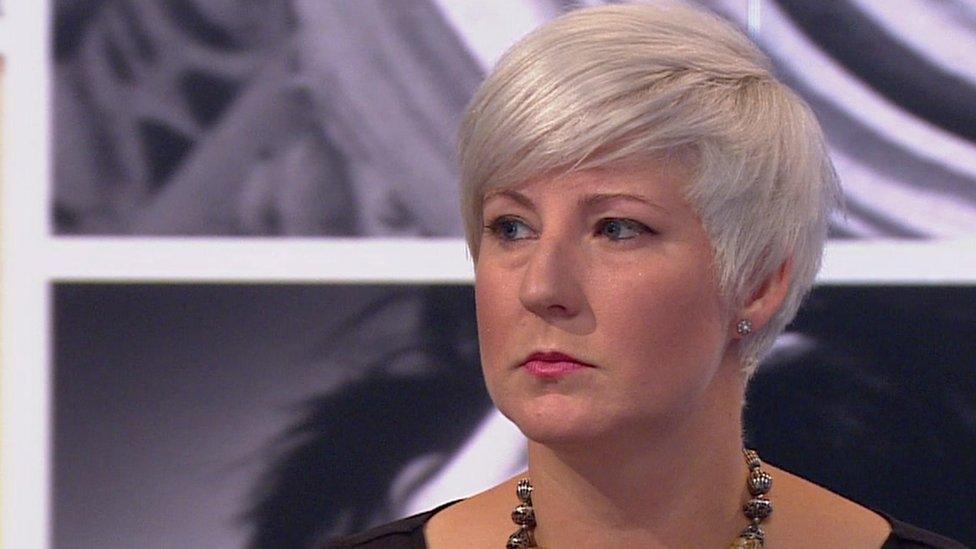
Hannah Bardell said "absolutely vital" services for families were missing
Ms Bardell told the BBC's Victoria Derbyshire programme that 40 families had so far given evidence to the All-Party Parliamentary Group on Deaths Abroad and Consular Services.
She said the same experiences had been heard "time and time again".
"We do respect the fact that foreign service officers have a very difficult job, but it's very clear that they either don't have the right training or they don't have the right resources," she said.
"A single point of contact, repatriation services - and financial support for that - and translation services are absolutely vital."
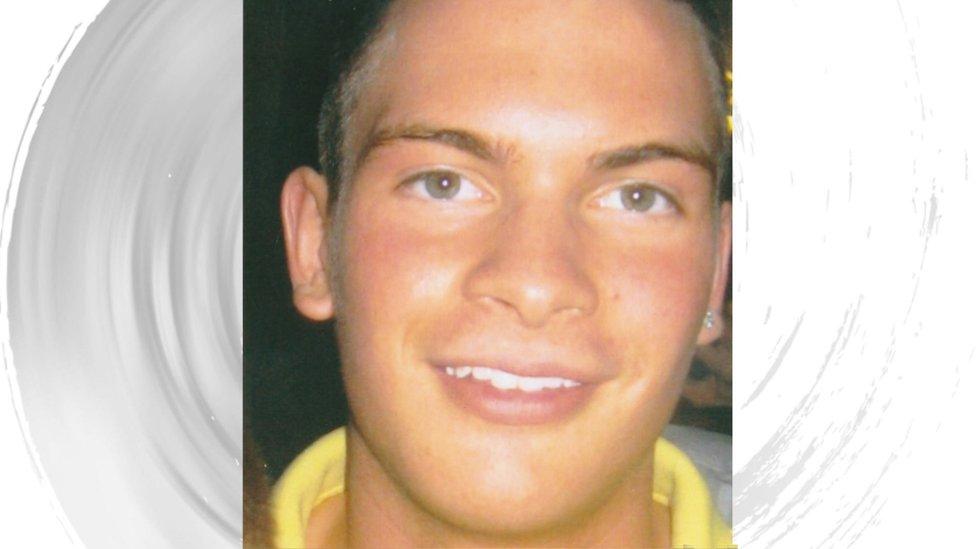
Allen Johnson's son Will died on holiday in Ibiza in 2008
One man, Allen Johnson - whose son Will died on holiday in Ibiza in 2008 aged 20 - said in his case the post-mortem report was left in Spanish.
Ms Bardell said two families she knew of were "still trying to get funding for documents to be translated".
She added that many others were "having to get crowdfunded just to get the body home".
Her comments come the week after the parents of teenager Thomas Channon, who fell to his death in Magaluf, told the Victoria Derbyshire programme they were "devastated" by the lack of support offered by UK authorities.

Claire's story
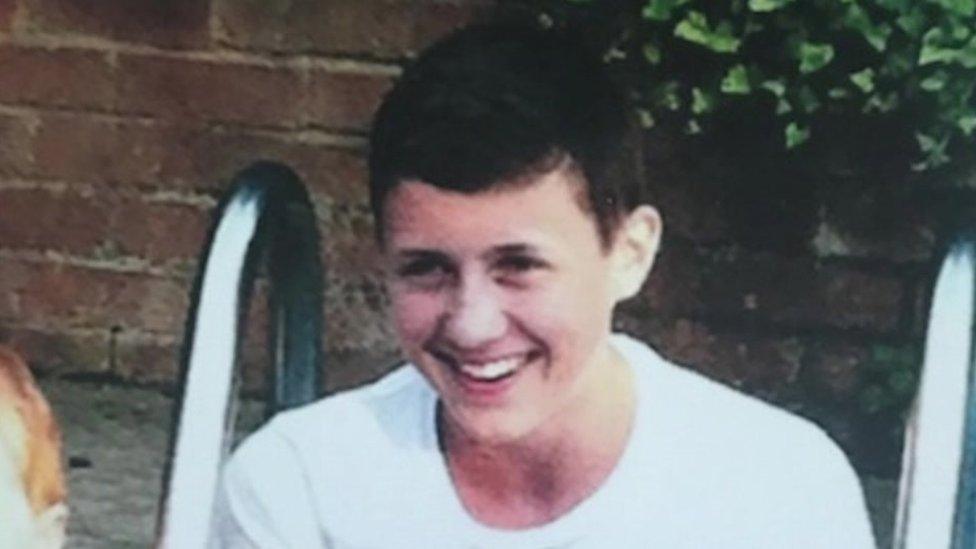
James Fifield died in 2014
Claire Fifield-Moore's son James died aged 18 after being hit by a drink driver in Zante in 2014.
She was informed of the death by two community officers, who said James had fallen off a quad bike.
"They left me the number of the Foreign Office on the top of a newspaper, and that's all they knew," she said.
"We managed to contact one of [James's] friends, but none of them were with him at the time [of the death], so it was all speculation."
It was three months until they received confirmation of the cause of death, she said.
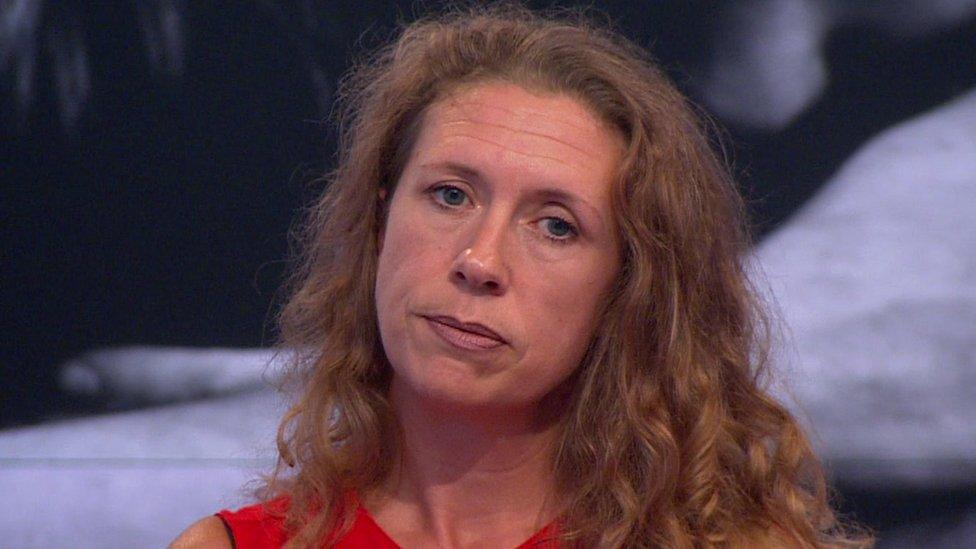
Claire Fifield-Moore said not knowing the exact cause of death was "devastating"
"Not knowing made it so much worse," she said.
"You have no idea what's going on. It's such a surreal situation."
She is now calling for change, saying she felt unsupported when having to deal with a variety of issues that followed his death.
"We didn't know about repatriation, about needing to have a solicitor," she said.

Ms Bardell said it was also wrong that families were not better supported when travelling to the country where their son or daughter had died.
"My families [in her constituency] have had to go out on airplanes where there are hen parties, stag parties," she said.
Mr Johnson said when he travelled abroad "it was nightmare to be on plane with holidaymakers".
"All these young people going on holiday. And you're in disbelief and despair, and a total numbness at what happened," he added.
At that time he had no official confirmation from the authorities that his son had died, he said, having been informed of what happened by his son's friends.
The Foreign Office said: "Our deepest sympathies go to all families who have lost loved ones abroad.
"We are in regular contact with authorities abroad about their investigations into tragic incidents involving British nationals so that we can keep families informed."
Watch the BBC's Victoria Derbyshire programme on weekdays between 09:00 and 11:00 BST on BBC Two and the BBC News Channel in the UK and on iPlayer afterwards.
- Published6 August 2018
